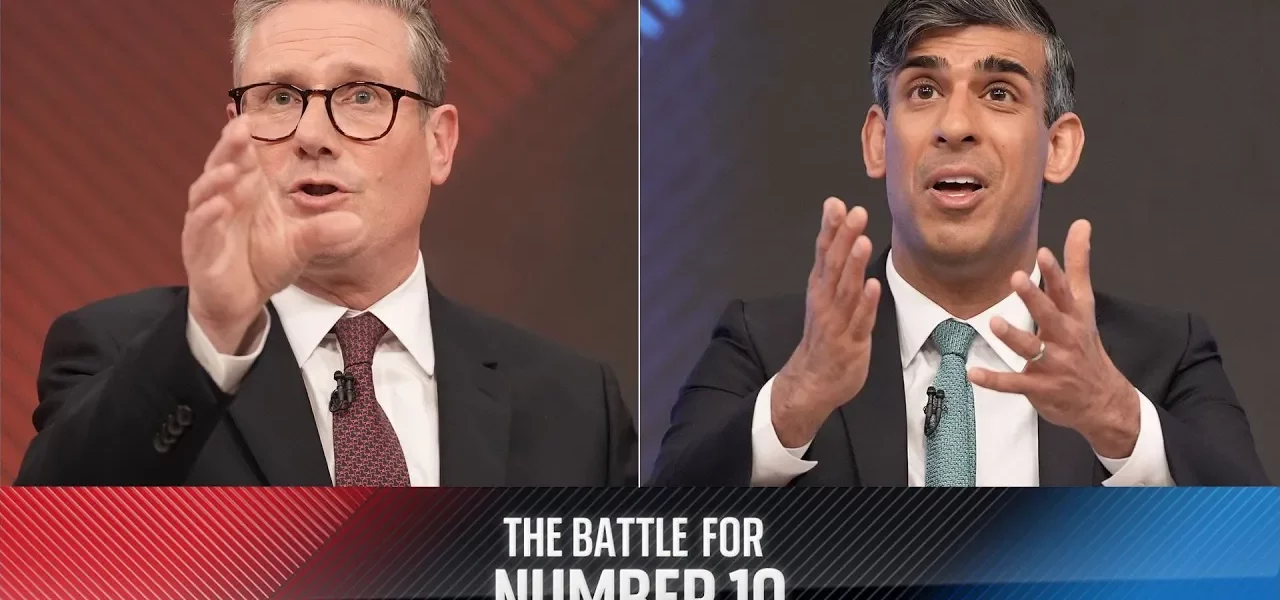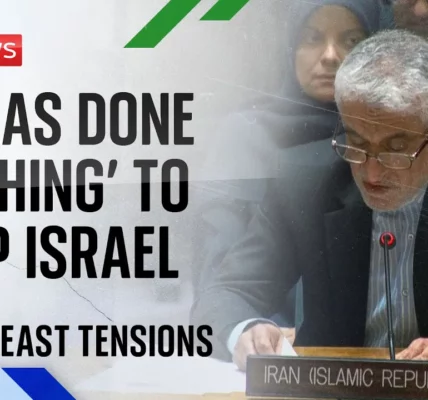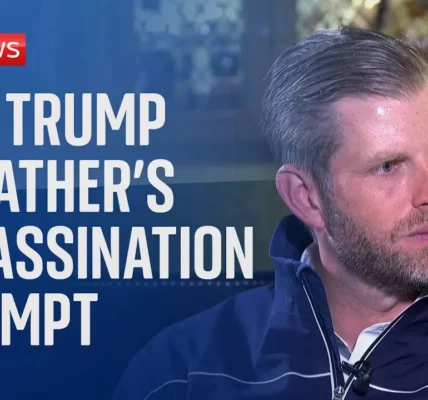The Battle for Number 10: Insights from Grimsby

As the political landscape shifts, the recent debates in Grimsby highlight the intense competition for Number 10. With Rishi Sunak and Keir Starmer both vying for voter trust, we explore the key issues that could sway public opinion and impact the upcoming election.
Introduction
In a pivotal moment for UK politics, Grimsby has emerged as a battleground for the upcoming general election, with both Rishi Sunak and Keir Starmer engaging directly with voters. The stakes are high as both candidates attempt to secure support in an area that previously leaned towards the Conservatives but is now under significant pressure from the Labour Party. This article delves into the highlights of their recent debates, addressing key topics such as taxation, immigration, the NHS, and the public’s overall sentiment.
Key Themes from the Debate
Taxation Policies
Taxation remains a contentious issue in this election cycle. Both candidates were pressed on their fiscal strategies and the implications for voters:
- Labour’s Stance: Keir Starmer emphasized that there would not be tax rises for working individuals, focusing on the party’s manifesto promises.
- Conservative Critique: Sunak countered that Labour’s plans would result in higher taxes, questioning their fiscal responsibility.
Starmer acknowledged past comments regarding Jeremy Corbyn’s leadership and how they may have influenced perceptions of his current candidacy. He articulated a desire to distance himself from previous electoral failures while attempting to regain voter trust.
Public Sentiment and Trust Issues
During the debate, questions about trust and authenticity were prevalent. Voters expressed concerns about whether Starmer and Sunak could deliver on their promises:
- Many audience members voiced feelings of disenchantment, suggesting that politicians often appear disconnected from the public’s everyday realities.
- Starmer was challenged about his transformation into a more conventional politician, with one voter expressing a desire for a more relatable leader.
This dialogue highlights the ongoing struggle for both candidates to connect with voters who feel that their concerns have not been adequately addressed by the political elite.
Immigration and its Challenges
Sunak’s Immigration Policy
The topic of immigration has also been a focal point, especially in light of Brexit and subsequent policy changes. Sunak faced tough questions regarding the increase in net migration:
- He acknowledged that current immigration levels were too high, admitting the frustration shared by many constituents.
- However, he defended his government’s approach by emphasizing the need for economic stability and growth.
This issue resonated with many in Grimsby, a town with significant Brexit support, and reflects the ongoing debate about the impact of immigration on local communities.
Public Reactions
Both candidates faced scrutiny regarding their party’s historical handling of immigration:
- Voters expressed skepticism about whether the government could effectively manage immigration levels while also supporting economic growth.
- Concerns about whether the current administration could be trusted to follow through on promises were prevalent among the crowd.
Health Services and NHS Funding
The State of the NHS
As a critical issue for many voters, the state of the NHS was a prominent topic during the debate. Both candidates articulated their visions for healthcare:
- Starmer: Argued that the NHS was underfunded and needed more investment to meet current challenges.
- Sunak: Highlighted record funding levels and the number of healthcare professionals being trained, although he faced criticism about staff shortages.
This exchange underscores the ongoing tension between healthcare funding promises and the realities faced by the NHS, especially in light of increasing patient waiting lists.
Conclusion
The debates in Grimsby have illuminated the critical issues at stake as the candidates prepare for the election. Voter trust, taxation, immigration, and healthcare are not just political talking points; they represent the concerns of everyday citizens. As both Rishi Sunak and Keir Starmer navigate this contentious landscape, their ability to connect with the electorate will be vital in determining who ultimately secures the keys to Number 10. As we move forward, it is crucial for voters to stay informed and engaged with the unfolding political narrative. For more insights on UK politics and upcoming debates, visit our related articles.
“`




